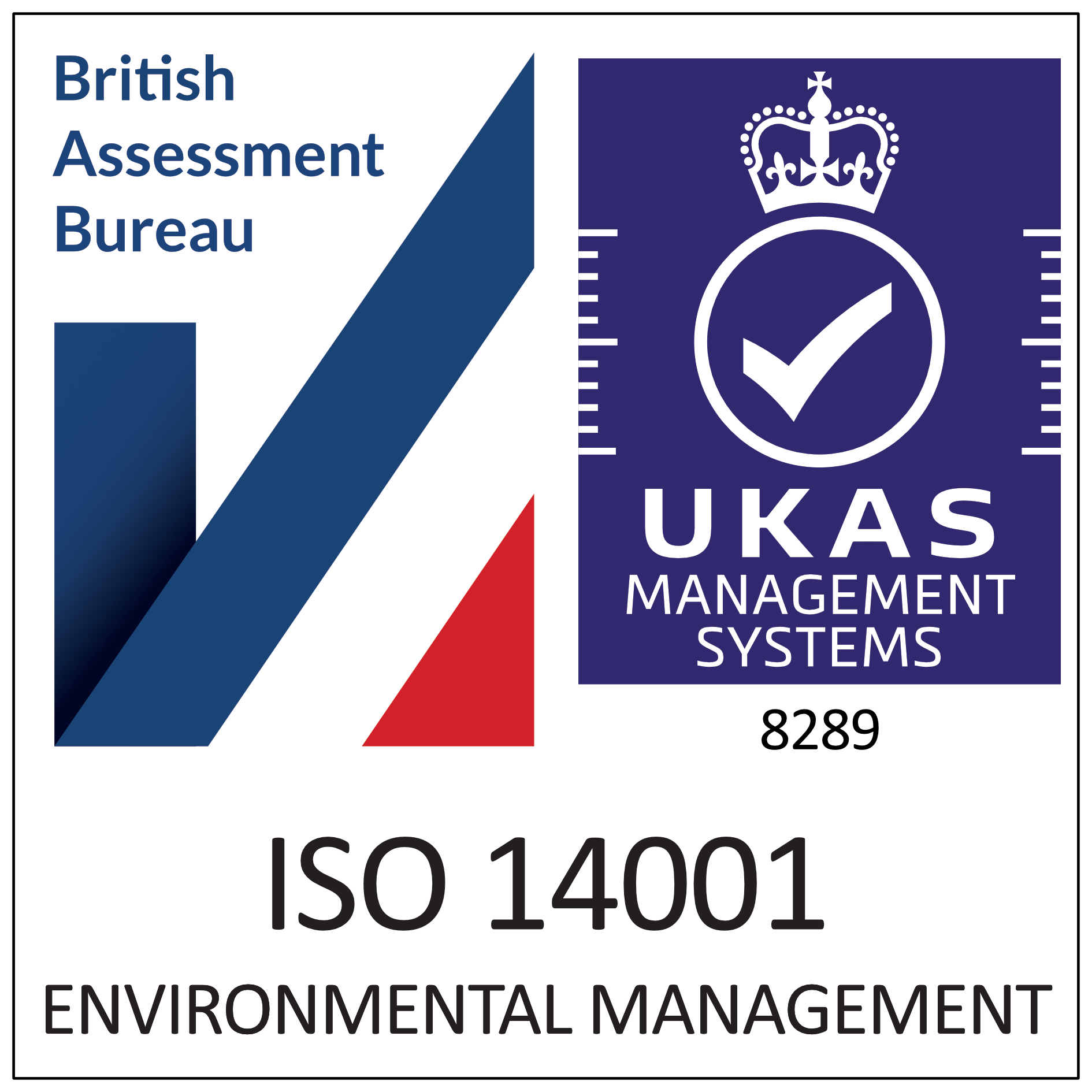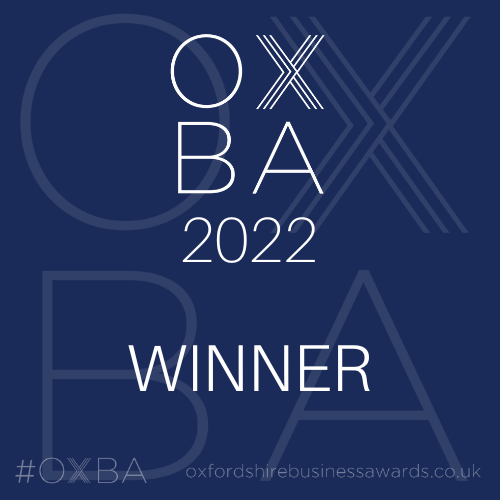








Search our website for news, courses, and general information
Course code: P03604
Subject area: Business
Study level: School Leaver
Course level: 2
Course time:
09:00 - 17:00
Days of week:
Monday to Friday
Course date:
8th Sept 2025 - 3rd Jul 2026
Course location:
Witney CampusOur specialist business lecturers will guide, support, and work with you to develop your skills and knowledge as you progress through this 1-year programme. You will learn by completing projects and various assessments based on realistic workplace situations, activities and demands. The programme introduces you to a range of areas in the exciting world of business whilst you will participate in an extended work experience programme.
• Enterprise in the Business World
• Finance for Business
• Recruitment and Selection
• Introducing Project Management
• Providing Business Support
• Principles of Marketing
• Business Documentation
• Building Successful Teams
Day trip fees: £60 (this covers two trips)
Induction trip fee: £50 (Oxford Challenge)
As part of your course we may organise trips to assist you with your learning. Trips are optional, and you will not be penalised if you choose not to participate.
There are bursaries available to help you with other course costs. Call 01235 216 212 for more information.
The rules on fee reduction are complicated and we would encourage you to talk to our Admissions staff on 01235 216 400 to discuss your options. You can find more information on our Fees and Bursaries page - search "Fees and Bursaries" at the top of the page.
£0.00
£1,728.00
£0.00
• Working collaboratively with others
• Resilience and problem solving
• Effective communication
• Using your initiative and decision making








